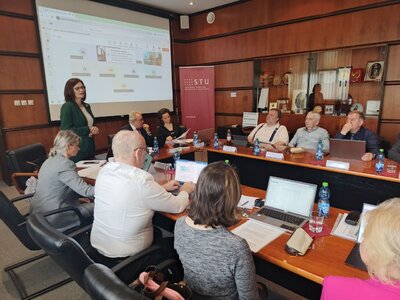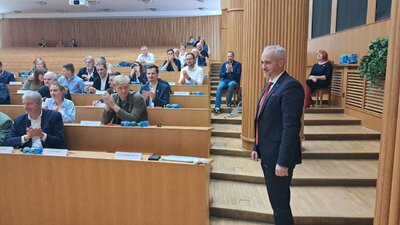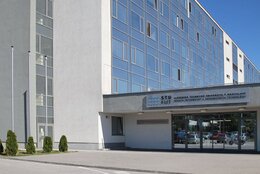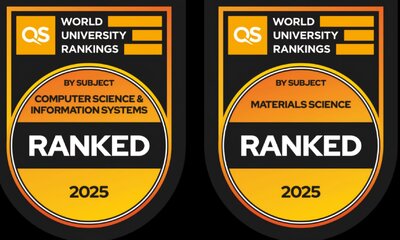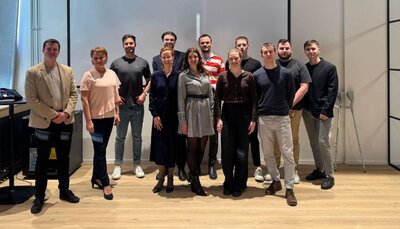The Slovak University of Technology in Bratislava awarded the honorary title of "doctor honoris causa" to Professor Dan Shechtman, a prominent personality in the scientific and academic world and the Nobel Prize winner. The event taking place at the ceremonial meeting of the STU Scientific Board on Wednesday, 6 November was attended by Eitan Levon, the Israeli ambassador. The University thus expressed recognition to Professor Shechtman for his extraordinary merits in the field of science, education and innovation support.
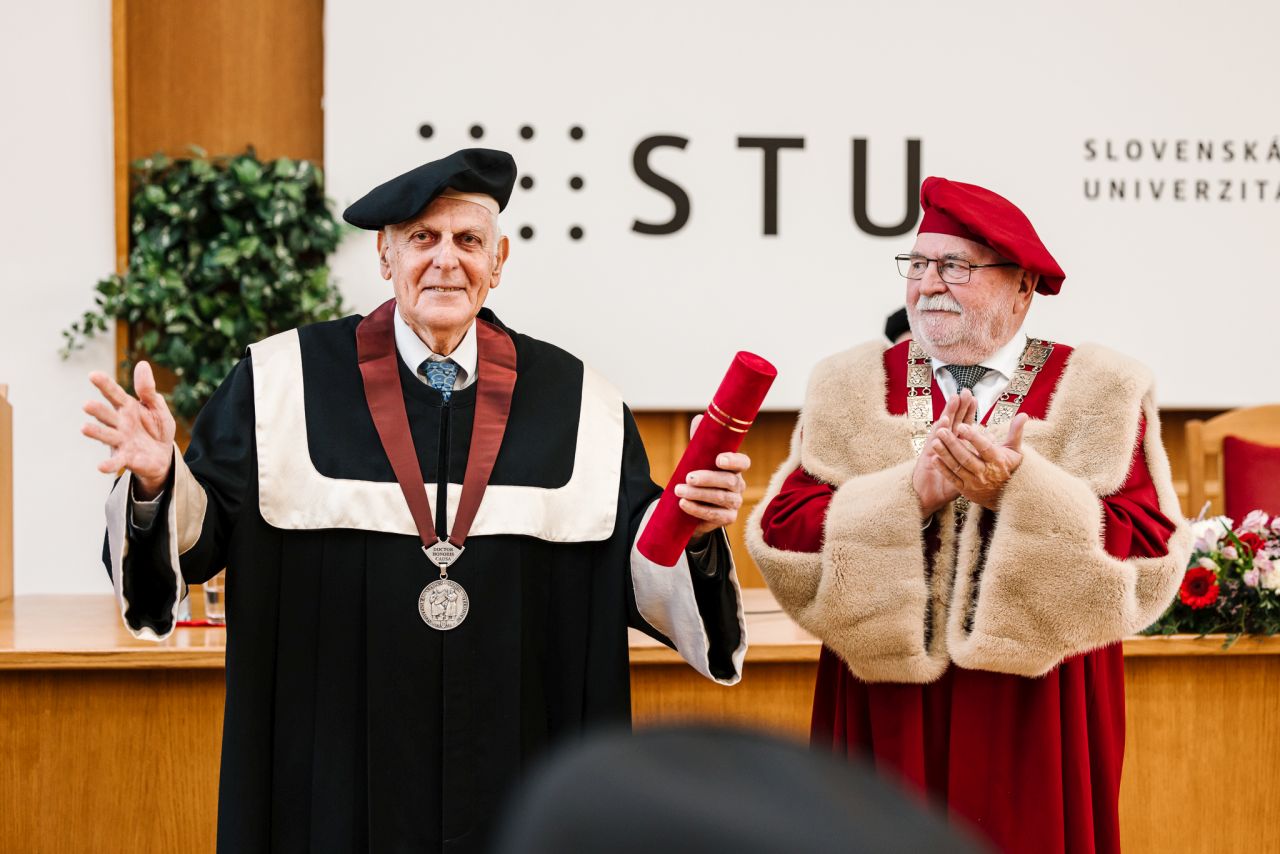
Stating that Professor Shechtman’s vision of cooperation of universities, industry and government institutions in forming an innovation ecosystem fully complies with the strategy of the Slovak University of Technology which strives to build the environment supporting research, innovation and entrepreneurship, the STU Scientific Board in the laudation justified the award.
"Professor Shechtman is a scientist who teaches that science is not just a path to knowledge, but rather a challenge requiring courage, an open mind and the ability to overcome obstacles. His life and career testify that real progress is only possible if one is not afraid to question established dogmas and look for new answers. His work, courage and intellectual integrity inspire all who strive for knowledge and are prepared to contribute to a better world," said Ján Híveš, the STU Vice-Rector for Science and Research.
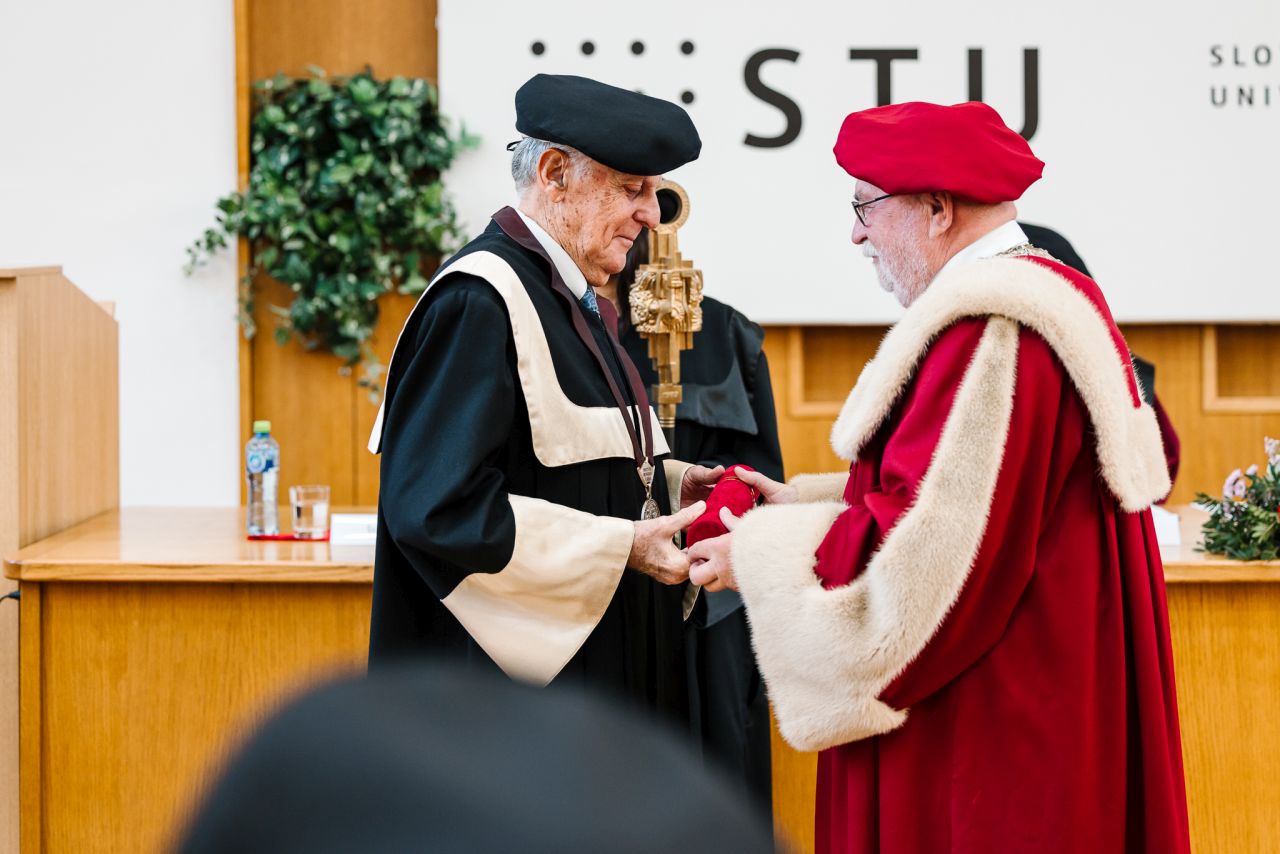
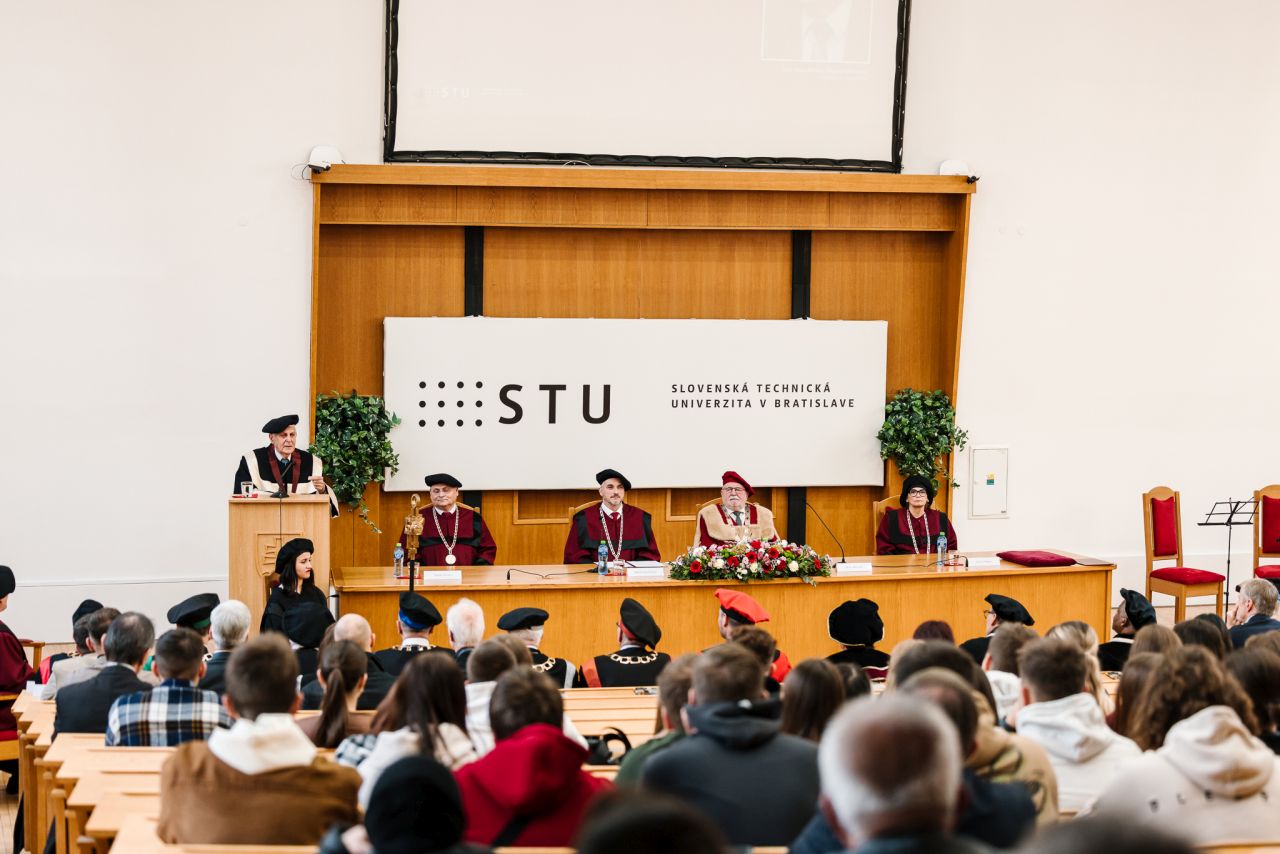
By awarding the title of "doctor honoris causa", STU paid tribute to Professor Dan Shechtman's contribution to world science, and his commitment to education, society and the support of innovation. The University believes that the contact with Professor Shechtman will inspire the next generations of Slovak students, scientists and engineers.
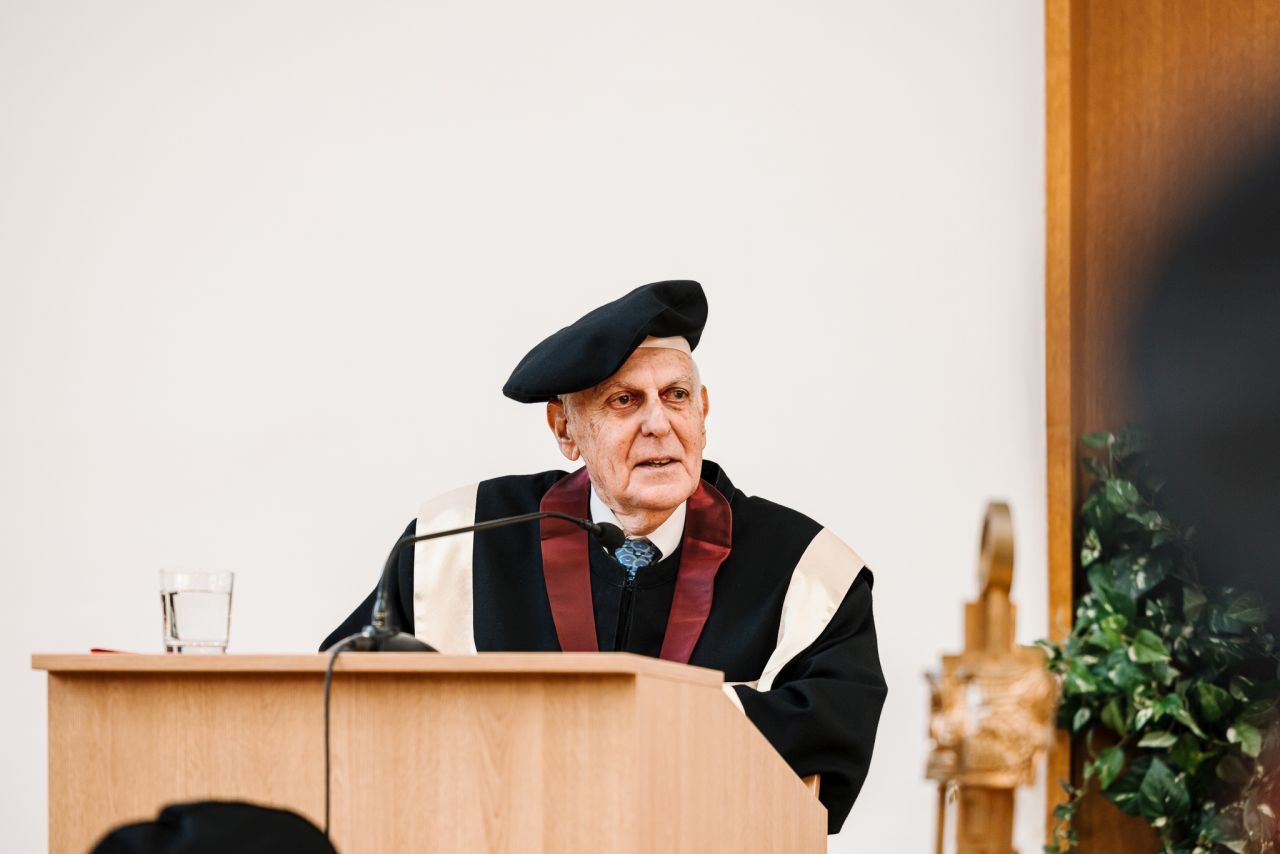
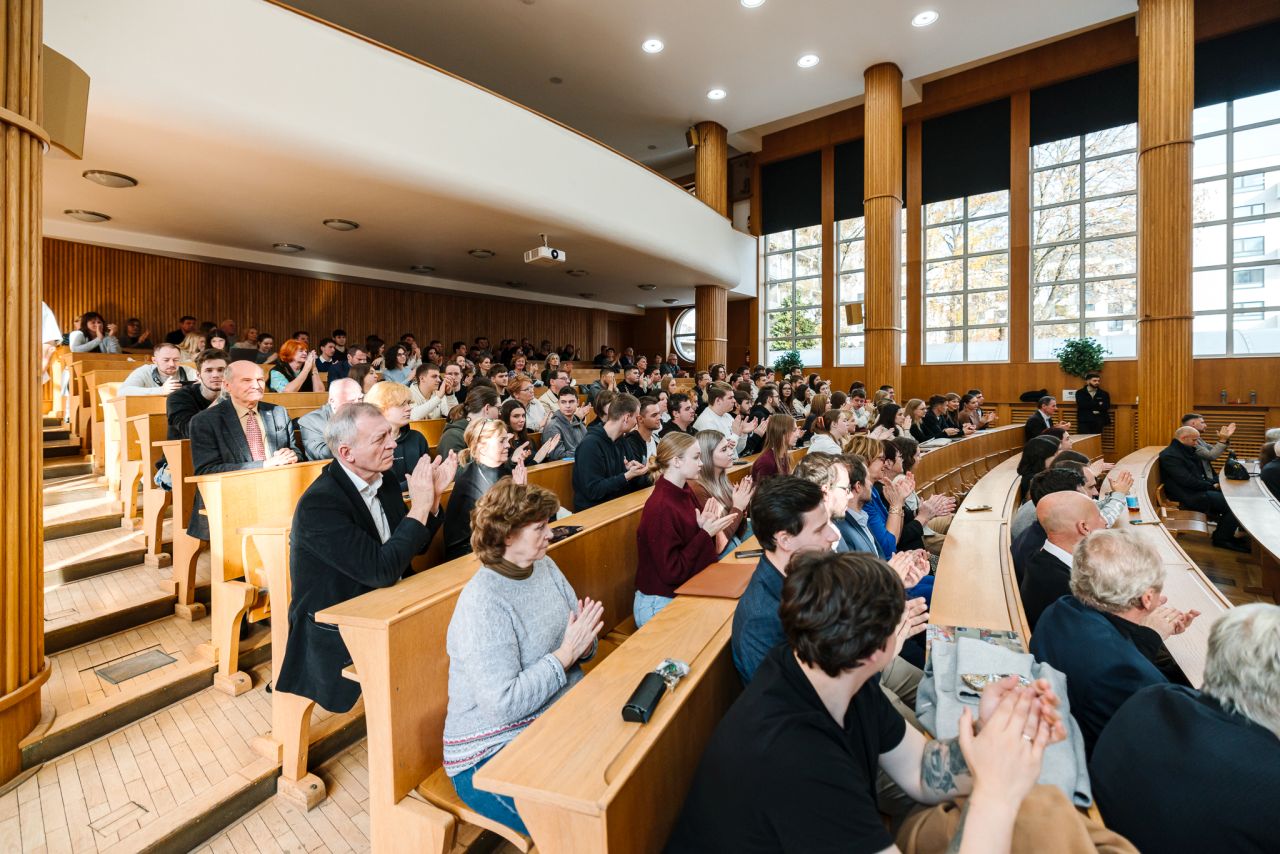
After being granted the honorary degree from Oliver Moravčík, the STU Rector, Professor Shechtman challenged the students present to be the best in their fields, since excellent scientists are a prerequisite for progress in science, which has accelerated rapidly over the past decades.
"While it took 17 years from the discovery of penicillin to its widespread use to treat humans, in the recent pandemic, the journey of the vaccine from discovery to mass application took just one year," illustrated Professor Shechtman.
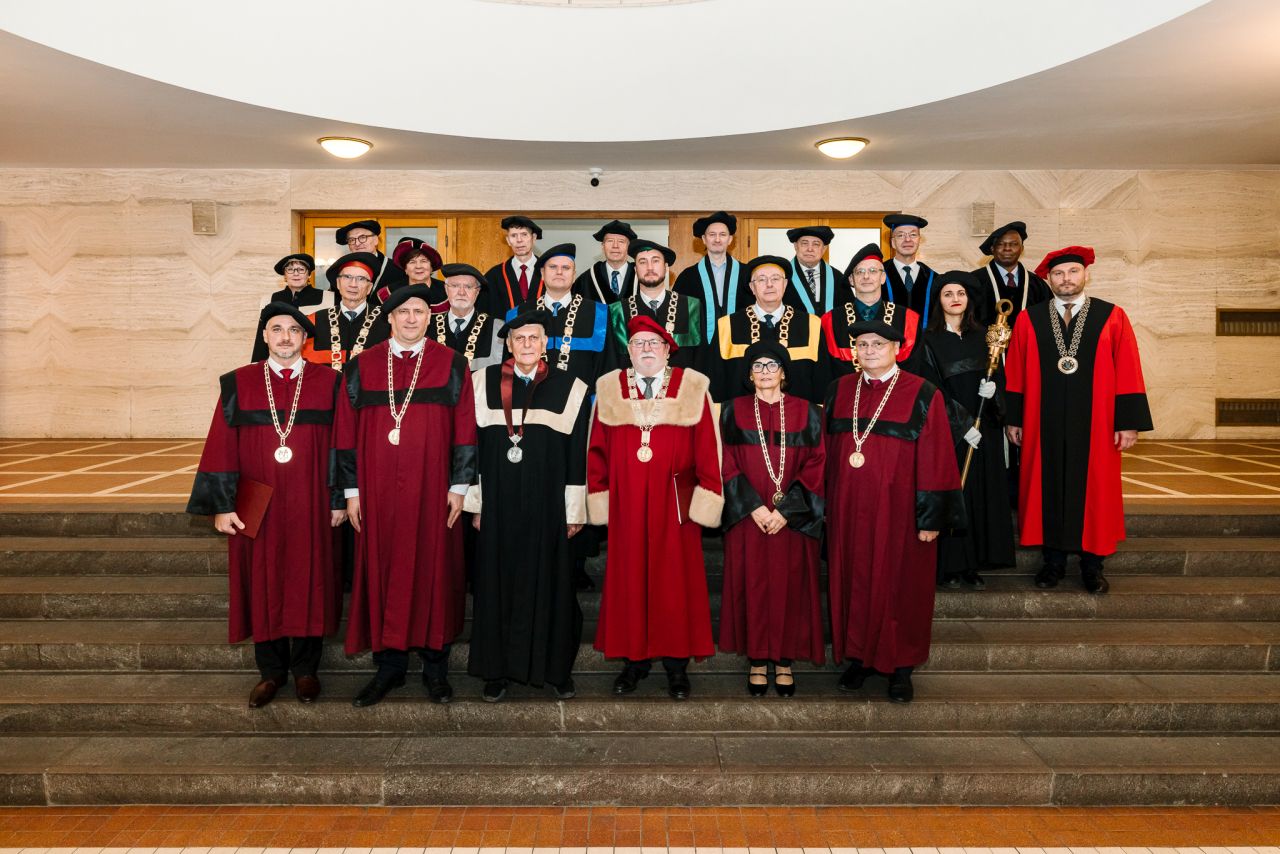
Professor Dan Shechtman was born on 24 January 1941 in Tel Aviv, Israel. His passion for discovering the secrets of nature and space led him to study Mechanical Engineering at the prestigious Technion – Israel Institute of Technology in Haifa, where he completed his PhD studies in Materials Engineering. He worked, besides others, at the Iowa State University in the USA and the National Office for Standards and Technology (NIST), where he had the opportunity to work with prominent scientists, while contributing to the development of new materials of unique properties.
The most significant moment of his career came in 1982: while researching rapidly cooled metal alloys of Aluminium and Manganese, Professor Shechtman discovered structures that did not correspond to the crystallographic rules known until then. The quasicrystals exhibited fivefold rotational symmetry, whereas crystallography at the time considered such an arrangement of atoms impossible. This is also why his discovery was initially met with scepticism and even rejection; yet he managed to apply his persistent advocacy to have other scientists confirm his discoveries. Gradually, quasicrystals became a recognized part of Materials Science, introducing thus new directions in the research of physics, chemistry and nanotechnology. In 2011, Professor Shechtman was awarded the Nobel Prize in Chemistry for his discovery of quasicrystals. Today, quasicrystals are used in various industries. Their unique properties, such as low thermal conductivity and high strength, are valued in aviation industry for the production of aircraft engines, in electronics for the development of insulating materials, and in medicine for the development of new biomaterials.
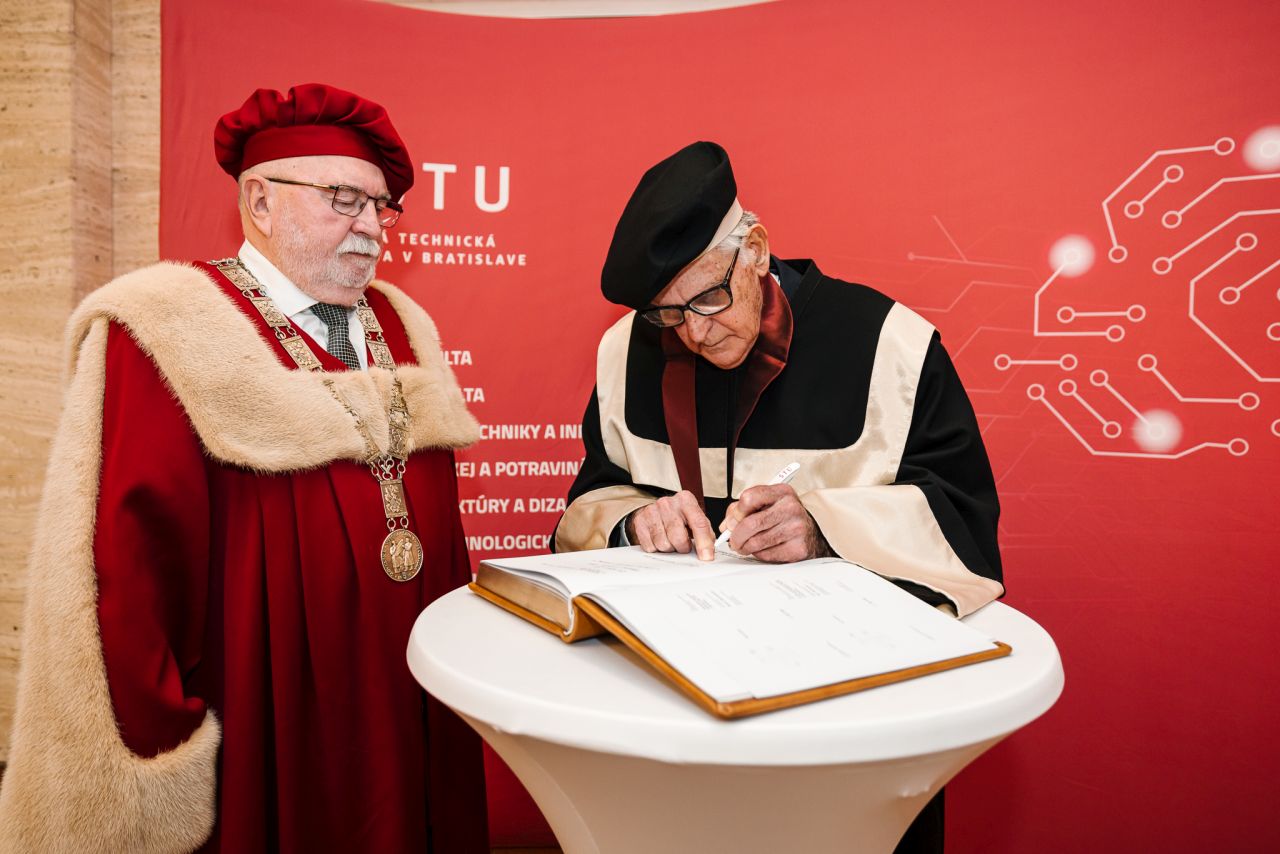
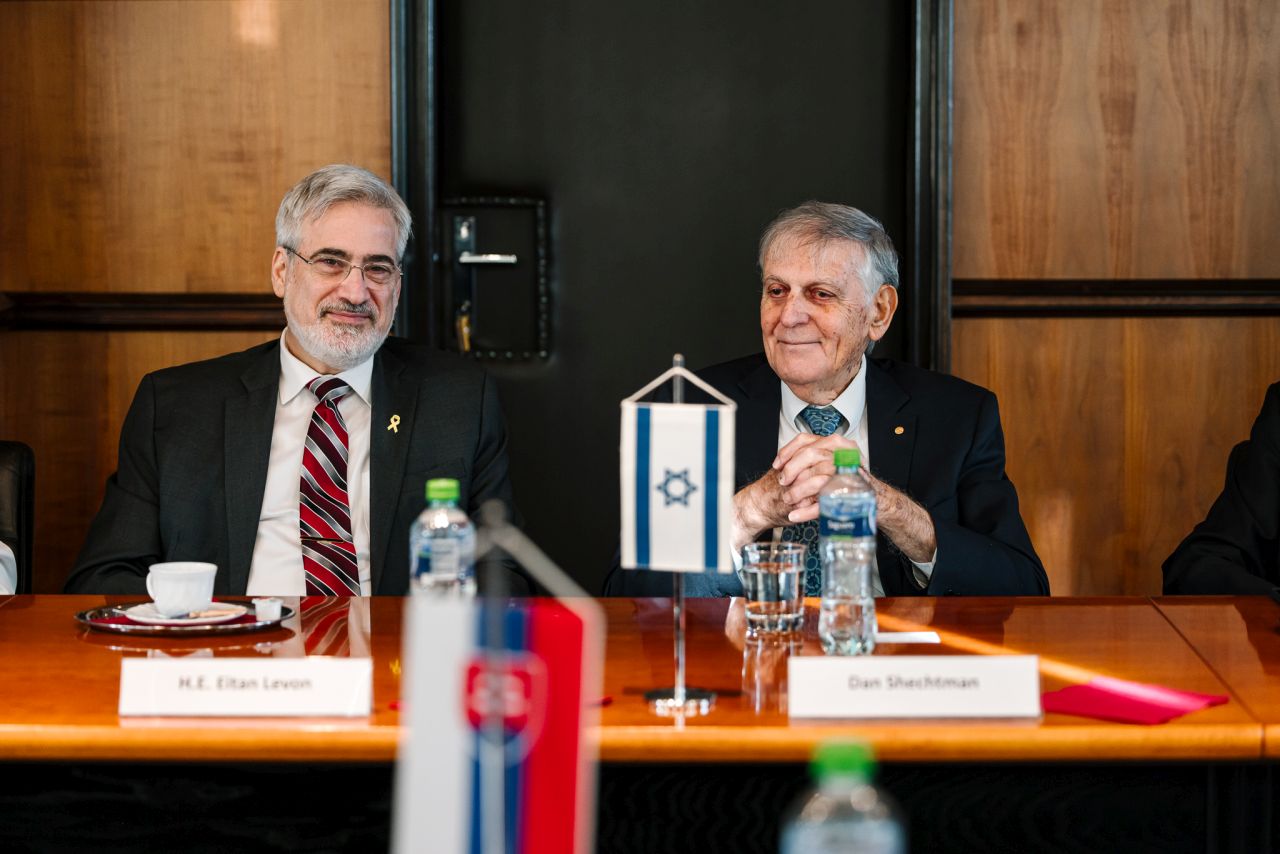
Professor Shechtman is also a passionate educator and mentor who has dedicated a significant part of his life to educating a new generation of scientists. He believes that education should encourage critical thinking, creativity and the courage to ask questions that can lead to breakthrough discoveries. His pedagogical methods and philosophy of education are based on the belief that science and technology should serve humanity and contribute to solving global challenges. Professor Shechtman's significant contribution also dwells in his belief in the inseparable connection of science, technology and business. In Israel, Professor actively supports entrepreneurship among scientists and engineers, while emphasising development of an innovative and dynamic ecosystem for start-up companies. His vision of combining science with practice became the basis for the development of Israel's high-tech industry. As a result, Israel became the world leader in the number of technological start-ups per capita, which has brought significant economic and social benefits.
Photo: Filip Izrael

